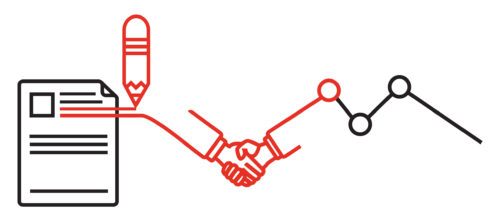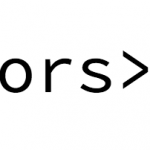 By Talia Klein-Perez
By Talia Klein-Perez
IOD Expert Writer and Editor
Between you and me, I don’t know everything about everything. That might surprise you, because I write about everything to do with everything.
Therein lies the problem: Sometimes I have to write a high level, comprehensive, and comprehensible piece about something I know next to nothing about.
This isn’t always a serious obstacle, since many things can be learned through Google. But when writing a high level, complex piece of work for a hi-tech company, Google isn’t enough.
When I have to write about a niche technical enterprise such as AWS database migration, I often encounter many unfamiliar concepts. Before I can create engaging content, I need to fully understand the topic from the inside out. This can be near impossible when the topic is very technical and advanced and I have a deadline to meet! The client rarely has time to give me an intensive explanation, and I don’t have weeks to spend Googling concept after concept.
Enter the tech expert, a great model for tech content writing I’ve benefitted from since working as a writer for IOD. The tech expert is already familiar with the client’s industry, so it doesn’t take long for him to come up to speed on the specifics. He’s not able to write the document himself, but he is able to “translate” technical jargon into my kind of English so I can understand the issues properly.
Receiving the Raw Material
Whether it’s a blog post or a white paper, my first task is always getting the raw material out of the client. At this point, I often rely on the tech expert as an intermediary. With advance knowledge of the tools, concepts, and infrastructure my clients use, he can show up on the call ready to ask the right questions on my behalf.
At the same time, the client often doesn’t know what information to tell me or examples to share with me so I can deliver the content they want. Once on a project for IOD, a cloud and DevOps expert interviewing a client for me carefully steered him away from gushing about the wonders of their newest innovation to make sure that he shared all the background details about the company structure. Another time, the former senior engineer I was partnered with on a post was able to get my client to fully expand upon the background of their challenges instead of just telling me about the ways their product solved them.
Working through a tech expert helps me in another way, too. He’ll usually send me a clear brief that lays out the most important points to cover, as well as links to use as resources. He often even structures the interview according to the document I need to write, which speeds up my job.
Clarifying Terms
Writing for the world of hi-tech means learning a whole new language! It’s not just industry-specific jargon that I need to learn; even words that I think I am already very familiar with can suddenly have entirely new meanings (like alternate meanings of the word ‘leverage’)!
And since not everything can be learned through Google, it’s a waste of my time to look up nested concepts one after another. I once was writing a document from notes that involved a lot of TLAs (three letter abbreviations). I diligently Googled them one after another, but each one brought up two or three different meanings, any of which could have made sense in context. I was stumped!
One recent assignment was to draft a white paper about MSPs. I assumed I knew what this meant already because a different client of mine provides services for “Marketing Service Providers.” Wrong! This time, MSP meant Managed Services Providers! It’s definitely a different audience, so I was glad I thought to ask first and the IOD tech expert corrected me.
By working closely from the start with someone who knows the field properly, I get a clear explanation in half the time I would have spent learning the words, tools, and concepts on my own. My clients are frequently busy senior members of large multi-national corporations who do not have the time to educate me. Furthermore, if I’m listening to a recording of an interview there are sometimes words I don’t catch or tools and titles that are unique to my client’s company which I can’t quite decipher. Instead of once again disturbing my client with a small question, I can ask the IOD tech expert.
Draft Revisions
The tech expert often steps in once more by reading the first draft before I send it to my client. This can sometimes be a very good thing, like when a tech expert corrected my use of the word ‘agile’ and pointed out that I had misused ‘blueprints’. It saves me from embarrassment to have my use of technical terminology corrected by the tech expert before a draft is sent off to the client. After review by the tech expert, the draft which is finally sent on to the client is closer to their ideal than it would be otherwise, which saves my client’s time even though it makes no difference to the number of changes I have to make.
The Bottom Line
In short, the tech expert helps save time for both of us. We make a good team; he’s able to translate hi-tech into English for me, and I’m able to write a clear, flowing piece of work. I can write more accurately the first time around with the help of a tech expert, and the client spends less time on small explanations and guidance.
Talia Klein Perez has been a content marketer for over 11 years. With posts ranging from travel to cloud computing, Talia enjoys writing about a wide variety of topics so she never stops learning.






